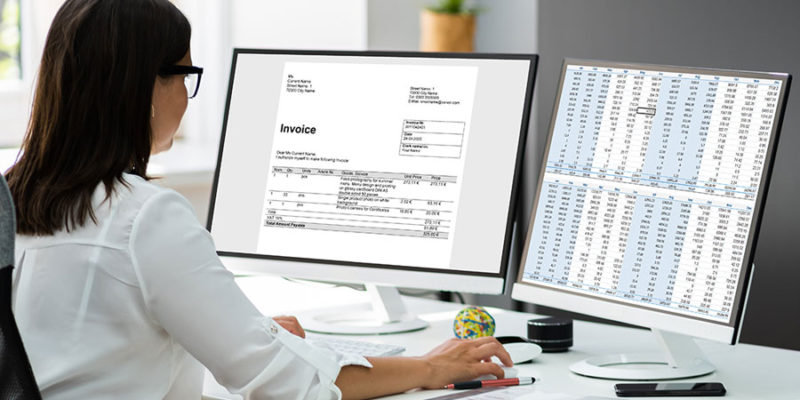Chapter Five – How to invoice your patients in your private practice

Like marketing, invoicing is an area that most doctors feel uncomfortable with when they enter private practice as it is an area that they are not familiar with. Most doctors dislike talking to patients about money and understandably so as their objective is to deliver great care.
But to succeed in private practice your patient invoicing needs to be managed well. On day one some doctors plan to manage their own invoicing or ask a family member to assist them. This seems like a good solution to keep costs at a minimum but as this is such a specialist activity there is a strong argument that paying for expert help pays dividends in the longer term. The first realisation for this usually occurs when a doctor realises how much bad debt they accumulated.
If you are looking for a sustainable solution to invoicing, you can employ a Medical PA who has experience in managing invoicing or engage a professional medical billing company. Whichever option you choose you need to ensure a thorough understanding of working with insurance companies and embassies and a strong focus on collecting payments.
There are several specialist medical billing companies to choose from and you should explore their credentials in detail before making your decision on whom to work with. Ask for references from other clients, check out what management reports you will receive each month and of course the fee structure. Most companies charge a percentage of the monies received. Check that the percentage is based on monies received and not monies invoiced. You do not want to be paying for invoices that are raised but not paid! If you have built up a degree of bad debt that needs collecting, you may pay a premium for this.
How to invoice your patients and ensure you get paid
How to manage the finances of your medical practice
You will have chosen the legal structure of your practice which has a direct impact on your financial responsibilities. For a sole trader or partnership, your responsibilities are relatively minimal, but they are far greater for a limited company with the need to submit annual accounts. Of course, your accountant will advise you, but you can do much to reduce your annual accountancy bill if you manage your finances wisely throughout the year.
Whichever structure you are using, your main concerns will be income and expenditure and you will need to keep accurate records of both. Initially, you may choose to do this using excel spreadsheets, but you should consider using a professional finance system such as Xero early in the development of your practice if not from day one. A good finance system will automatically link with your bank account and your practice management system reducing the time spent manually updating your records and so far less time-consuming and fewer errors. You should also check that your chosen accountant uses a good finance system to avoid costly manual bookkeeping.
How to choose an accountant for your medical practice
You may have chosen for your Medical PA or a professional billing company to manage your patient invoicing on your behalf. Whichever method you choose you should be able to download accurate reports from your practice management system (PMS) into excel or if you are using Xero, you can set up a direct link from most PMS systems.
Accounting and bookkeeping for your private practice
You must keep track of your expenses throughout the year. Many doctors spend money within their practice that they do not include in their expenses, and this costs them dearly in taxes. Your Medical PA or a bookkeeper can track your expenses for you and ideally you would review your expenses each month to ensure everything is being reported.
If you are an employer, you have additional responsibilities for payroll, national insurance, PAYE and pensions. Your accountant will advise you on this.
Need help with finances for your private medical practice…
Get in touch and start your conversation today
info@designatedmedical.com 020 7952 1008
Useful article
How to invoice your patients and ensure you get paid
How to choose an accountant for your medical practice
Accounting and bookkeeping for your private practice
Read the next chapter >
Chapter Six – How to handle your Medico-legal responsibilities in your private practice